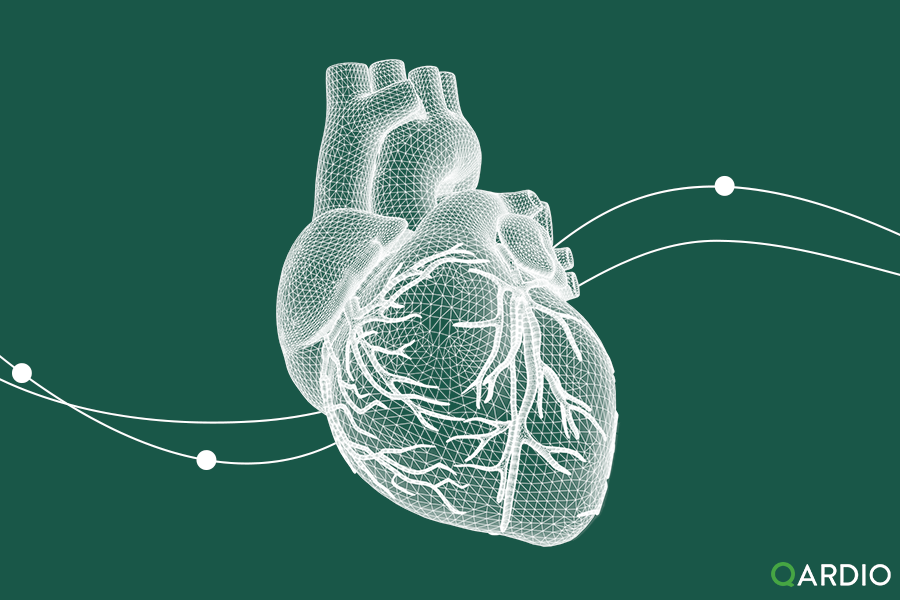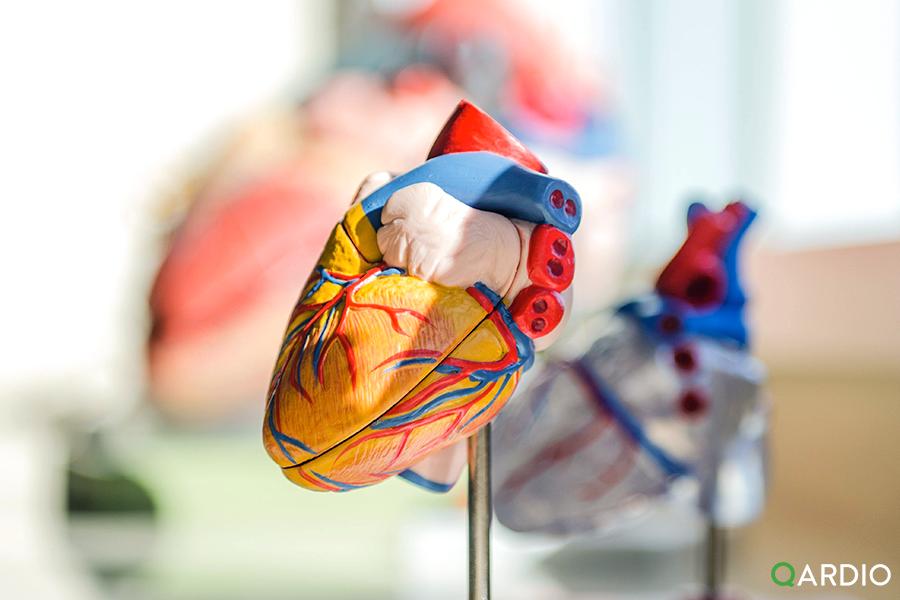Strokes are more frequent than we think. According to the Centers for Disease and Prevention (CDC), 1 in 6 deaths from cardiovascular disease in the United States occur due to strokes. Multiple organizations have dedicated resources to research to learn more about strokes, their causes, treatments, prevention, and connections to other diseases. In this opportunity, we will explain 5 interesting facts about strokes.
Are you at risk of having a stroke if you have COVID-19?
Since the COVID-19 pandemic began, multiple cases of coronavirus patients who simultaneously suffered a stroke have been reported. According to research outlined by the Stroke Association, chances are the virus can cause blood clots in the blood vessels leading from the heart to the brain. At the same time, it seems people with other diseases such as hypertension (high blood pressure) and diabetes, and Asian ethnicities, are among the most exposed.
Monitoring your blood pressure regularly is the first step to prevent strokes
The first step to knowing if we are at risk of having a stroke is by monitoring our blood pressure regularly. Thanks to this practice, we can know if our blood pressure is high, detect arrhythmias or any abnormalities in our heartbeat. Nowadays, patients can measure their blood pressure from home. Devices like QardioArm make it easy and fast to take measurements, access historical data, view results in easy-to-understand graphs, and send the data to their doctor for a quick consultation.
What is the link between hypertension and strokes?
The heart beats faster in hypertensive people, which increases the pressure in the blood vessels. Strokes occur when blood vessels leading from the heart to the brain become blocked, either by fat residues or damaged blood vessels, and pressure causes them to rupture. Hypertensive patients are at risk of having not one, but multiple strokes. 1 in 4 stroke cases occurs in people who have already had a stroke. However, a study published in the Journal of the American Heart Association showed that hypertensive patients who have already suffered a stroke but control their blood pressure from home are less likely to suffer another stroke.
Strokes symptoms can vary depending on the affected area
The human brain is divided into 4 lobes: occipital, parietal, temporal, and frontal. Depending on the area where the stroke occurs, some of the functions associated with that lobe may be affected. A stroke that affects the occipital lobe can affect the patient’s sight. On the other hand, if this occurs in the parietal lobe, it could affect activities such as speaking, writing, and understanding sensory information. People feeling confused and presenting issues to solve complex problems, as well as noticeable behavioral changes, might have had a stroke in their frontal lobe. Furthermore, if the stroke occurs in the occipital lobe, the patient could have memory loss. Strokes can also occur in the cerebellum, basal ganglia, and brain stem. Patients who suffer strokes in these areas may present problems with coordination and balance, and some of their basic functions.
Recovering from a stroke
Strokes are life-threatening diseases. Recovery times may vary depending on the area affected and how the patient reacts to the disease. With the help of physiotherapists, dietitians, and the support of family and friends, stroke patients can regain mobility, independence and continue with their life.
Sources
Journal of the American Heart Association




